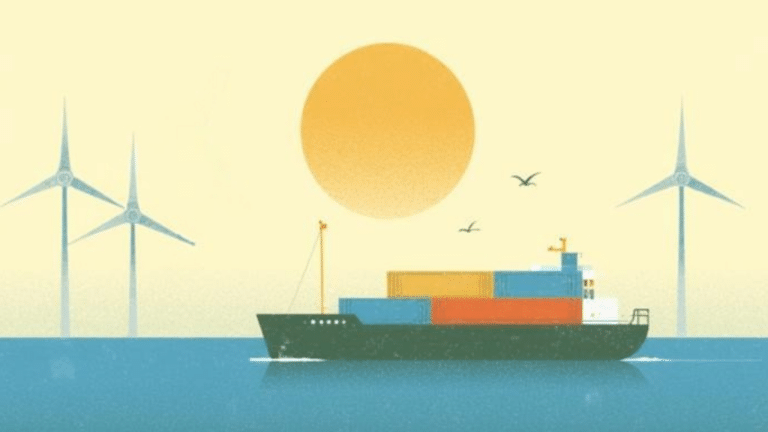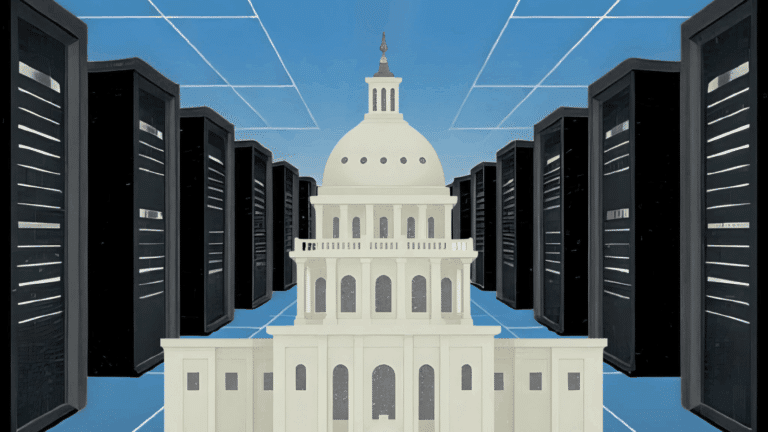Could a strategic lithium reserve kickstart US supply chain development?
NEW YORK -- A strategic lithium reserve is being mooted as a solution to stabilize volatile prices that have hindered American mining projects, allowi
Current Access Level “I” – ID Only: CUID holders, alumni, and approved guests only
New York, NY — The Center on Global Energy Policy (CGEP) at Columbia University’s School of International and Public Affairs (SIPA) announced Richard Nephew today as a Research Scholar and Program Director of the Center’s newly launched program on Economic Statecraft, Sanctions and Energy Markets. You can read an overview of the program here (PDF). Nephew’s work will focus on the intersection between financial statecraft and energy markets, particularly recent experience with energy sanctions.
Nephew joins the Center February 1, 2015 directly from his role as Principal Deputy Coordinator for Sanctions Policy at the Department of State, a position he held since February 2013. Nephew also served as the lead sanctions expert for the U.S. team negotiating with Iran. From May 2011 to January 2013 Nephew served as the Director for Iran on the National Security Staff where he was responsible for managing a period of intense expansion of U.S. sanctions on Iran. Earlier in his career he served in the Bureau of International Security and Nonproliferation at the State Department and in the Office of Nonproliferation and International Security at the Department of Energy. Nephew holds a Masters in Security Policy Studies and a Bachelors in International Affairs, both from The George Washington University.
“In recent years, sanctions have been used in increasingly novel and targeted ways by Western governments. Richard has been at the center of recent Obama Administration sanctions initiatives, particularly targeting Iran. As the oil market is rapidly changing, new sanctions are contemplated on Capitol Hill, and the P5+1 negotiations continue, Richard’s experience will help us better understand the lessons from recent financial statecraft efforts for future policymakers,” said Jason Bordoff, founding director of the Center on Global Energy Policy. “Such real-world experience is incredibly valuable as we fulfill our mission or producing policy-relevant research. He will add a tremendous perspective to the Center’s growing team.”
NEW YORK -- A strategic lithium reserve is being mooted as a solution to stabilize volatile prices that have hindered American mining projects, allowi
States enacted more than a dozen data center laws this year. Trump’s order exempts them from preemption.
Around the world, solar power is becoming more affordable and accessible. That spells good news for the climate.
This Energy Explained post represents the research and views of the author(s). It does not necessarily represent the views of the Center on Global Energy Policy. The piece...

Geopolitical uncertainty associated with Russian gas exports could swing the range of those exports by an estimated 150 bcm per year.

From the east to west and north to south, in red states and blue states, attention to data centers is skyrocketing in state capitals across the United States.
